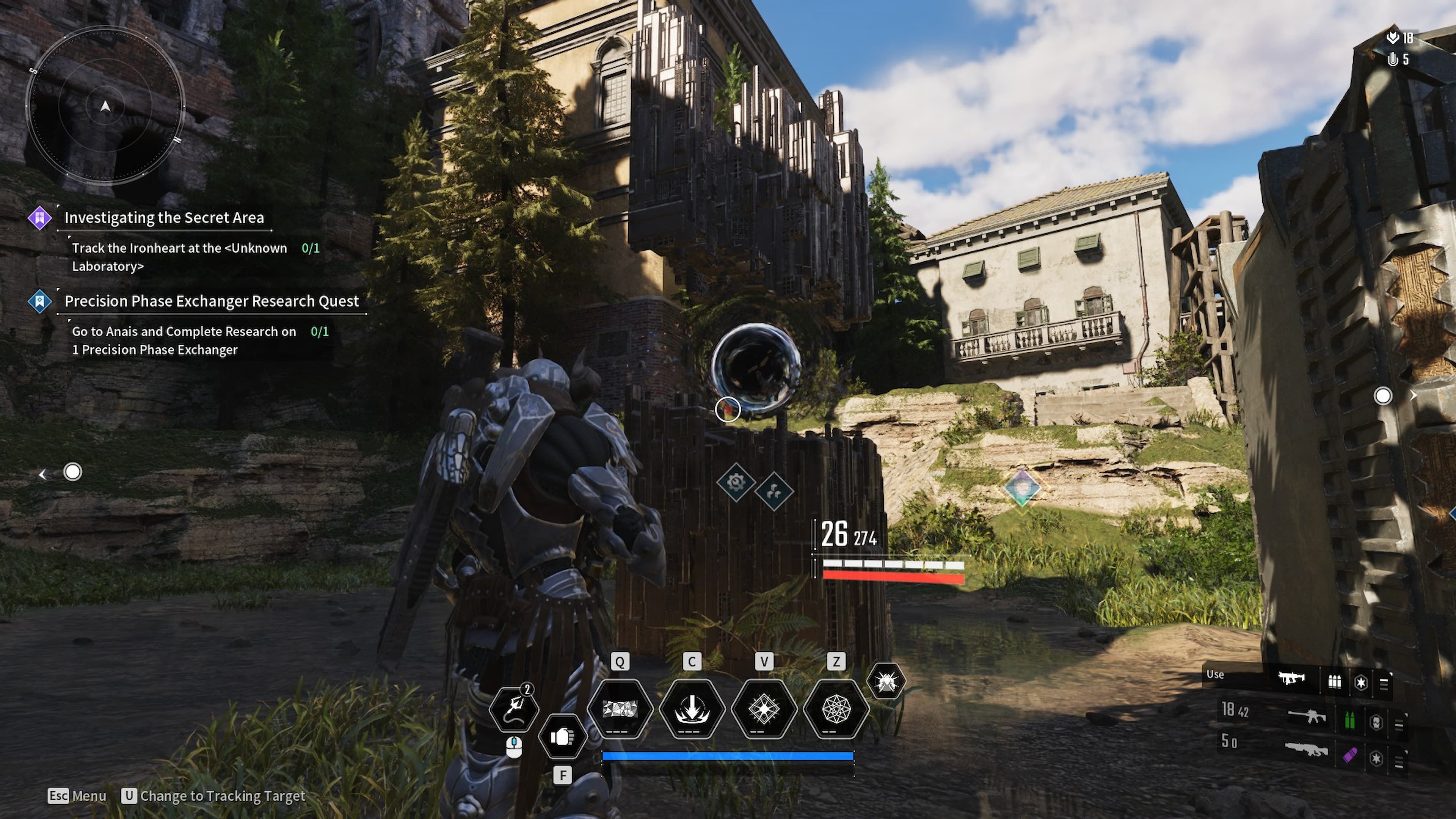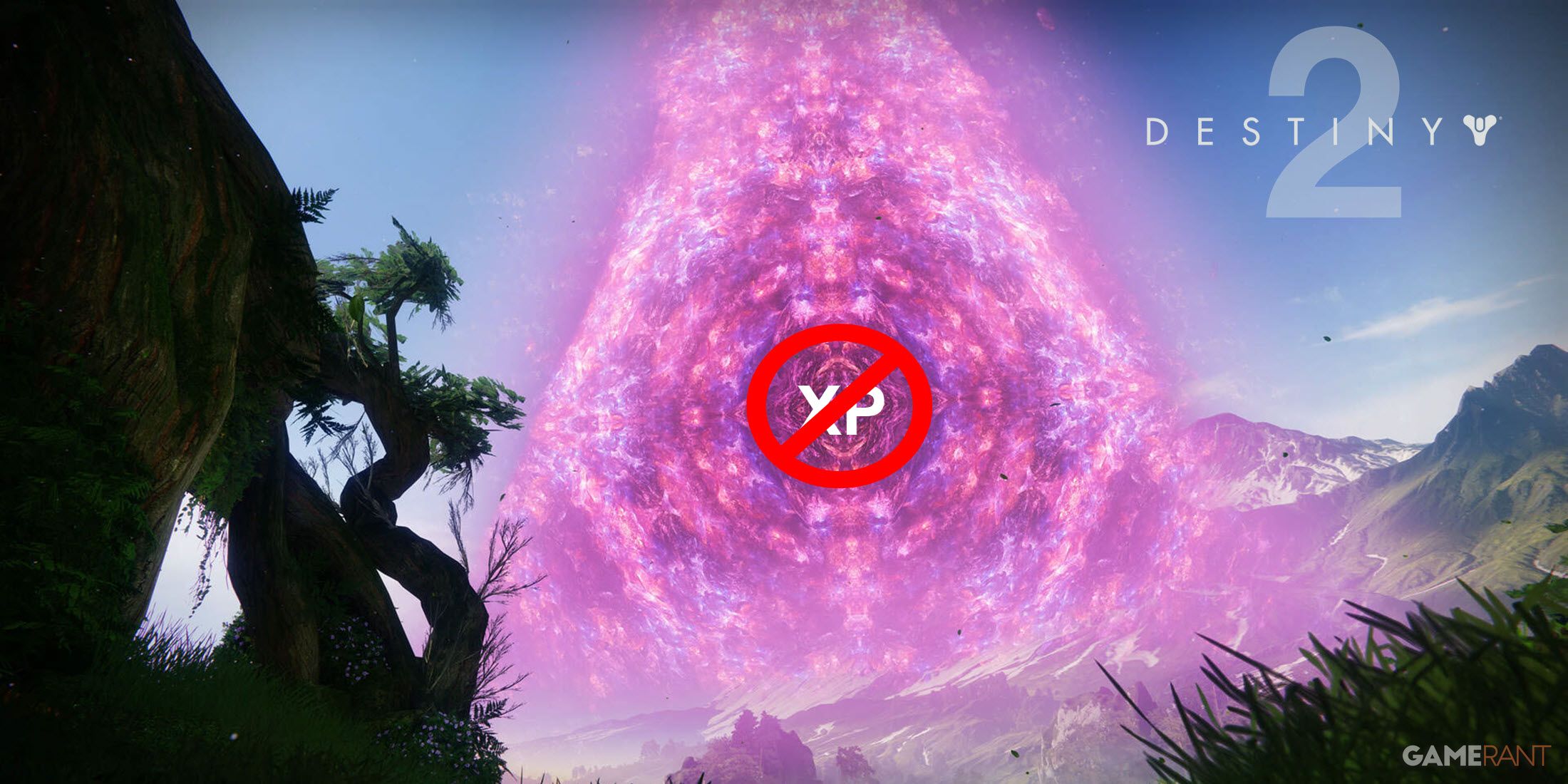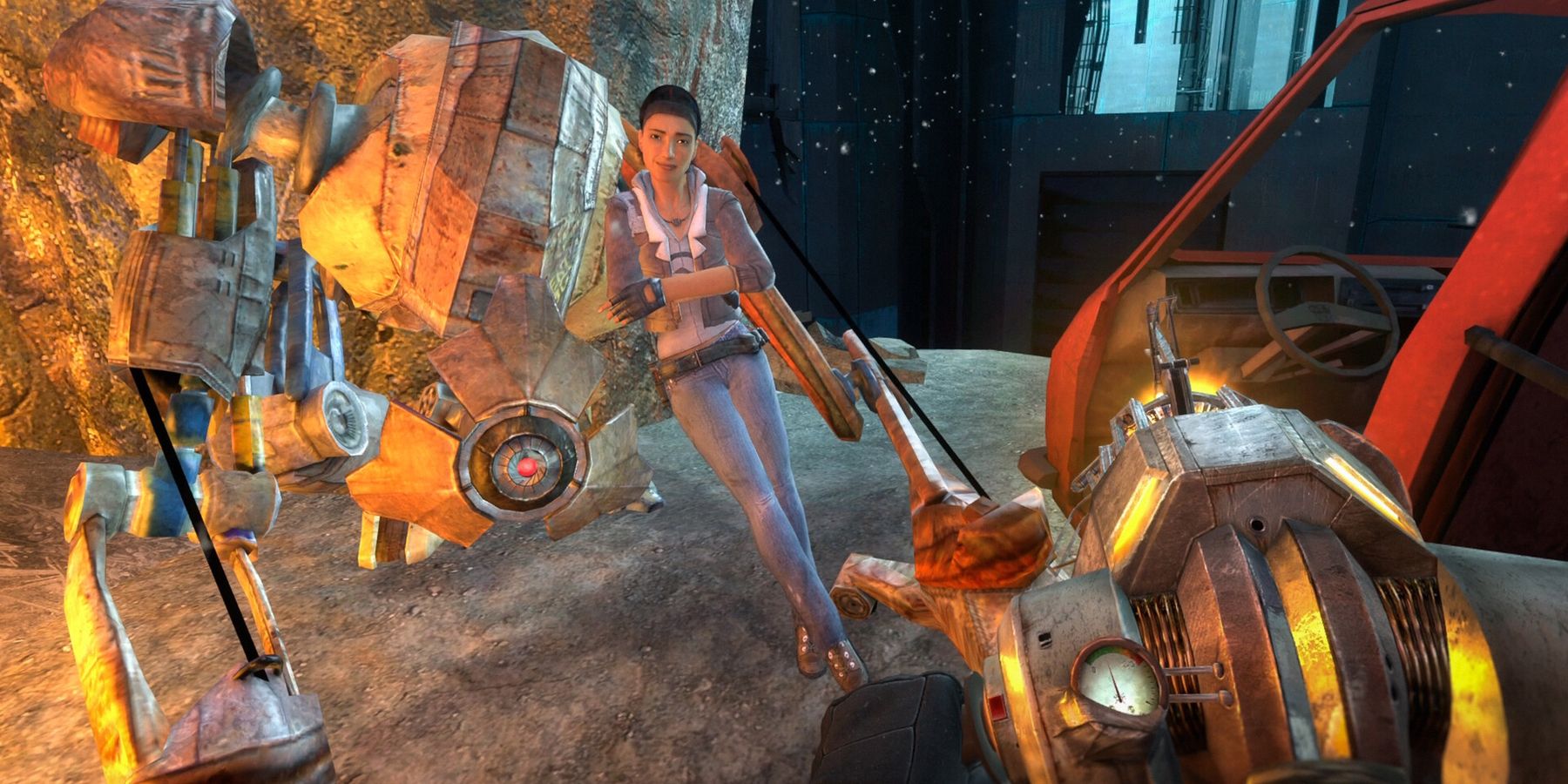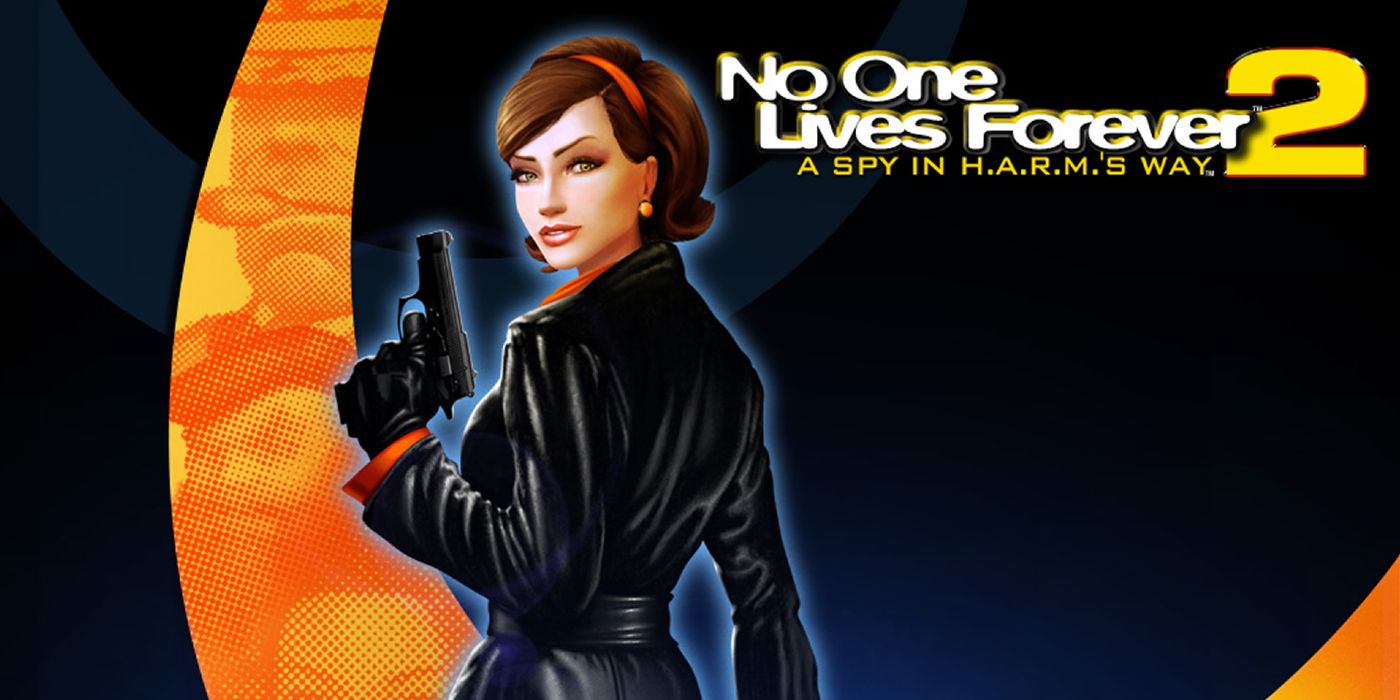As an enthusiastic community of modders continues working to adapt popular flatscreen games to VR, Valve Software's hands-off approach to the work of the Source VR Mod team provides a template for how developers should respond to similar efforts. Released in 2022, the team's popular VR mod for Half-Life 2 lets gamers experience Valve’s legendary shooter from start to finish. Still in public beta, Half-Life 2: VR has drawn praise from many players for seamlessly translating the 2004 title to the new format.
While both Half-Life 2: VR and its follow-up Half-Life 2 VR Mod: Episode 1 are available for free, players do need to own a copy of the original games to be able to play them. This may be why Valve chose not to interfere with the project, instead promoting both releases on Steam. The publisher likely saw the potential for Half-Life 2 and its sequels to find a new audience thanks to the added VR functionality. This ability of VR mods to drive new sales of existing titles isn’t unique to the Half-Life franchise, though, and should help inform developers’ response when and if their games receive a similar treatment.
VR Mods Can Help Games Find a Brand New Audience
One of the first flatscreen titles to receive a VR overhaul was 2002’s comedy spy shooter No One Lives Forever 2: A Spy in H.A.R.M.’s Way, which was ported to VR in 2017 by developer Luke Ross. Showing the viability of translating flatscreen titles to VR and even receiving praise from NOLF 2’s lead designer Craig Hubbard, the mod helped introduce the cult classic to players who'd missed it upon its initial release and opened the floodgates to a wave of similar projects.
Not every company has been eager to see its games receive the VR treatment, though, with publisher Take-Two Interactive issuing takedown notices for Luke Ross’ VR mods for GTA5 and Red Dead Redemption 2 in 2022. While Take-Two's heavy-handed action against mods has thankfully been the exception, it's still had a chilling effect on some developers. And with hundreds of flatscreen games potentially in line to receive VR functionality in the near future thanks to one ambitious project, that sort of litigious response could prevent developers from profiting off players looking to revisit some of their favorite titles.
2023 Will Be an Unreal Year for VR Mods
Thanks to modder PrayDog, gamers will soon be able to enjoy hundreds of flatscreen PC games in VR. The creator of the popular VR mods for Capcom’s Resident Evil games, PrayDog is planning to release his “Universal UE Injector” later this year, adding VR support to any game running on Epic’s Unreal Engine. Early footage shows the mod already working with everything from first-person shooters to Housemarque’s third-person bullet hell game Returnal.
Until now, many developers have focused their efforts on creating one-off mods for specific games, like the technically demanding mod that lets PC gamers play Elden Ring in VR. The “Universal UE Injector” promises to drastically simplify that process, making it possible to add VR support to any of the countless games running on the Unreal Engine with far less work than was previously required.
Rather than trying to shut down mods built using this new tool, developers should embrace them as a new way to promote existing titles. Since PrayDog’s injector adds only basic VR support to games, by relying on modders to add functionality for advanced features like motion controls, developers could potentially choose to offer some support to high-profile projects knowing that a high-quality VR mod could lead to increased sales. Not only could this help a developer's bottom line, but it would also build goodwill with gamers that could pay off for years to come.






